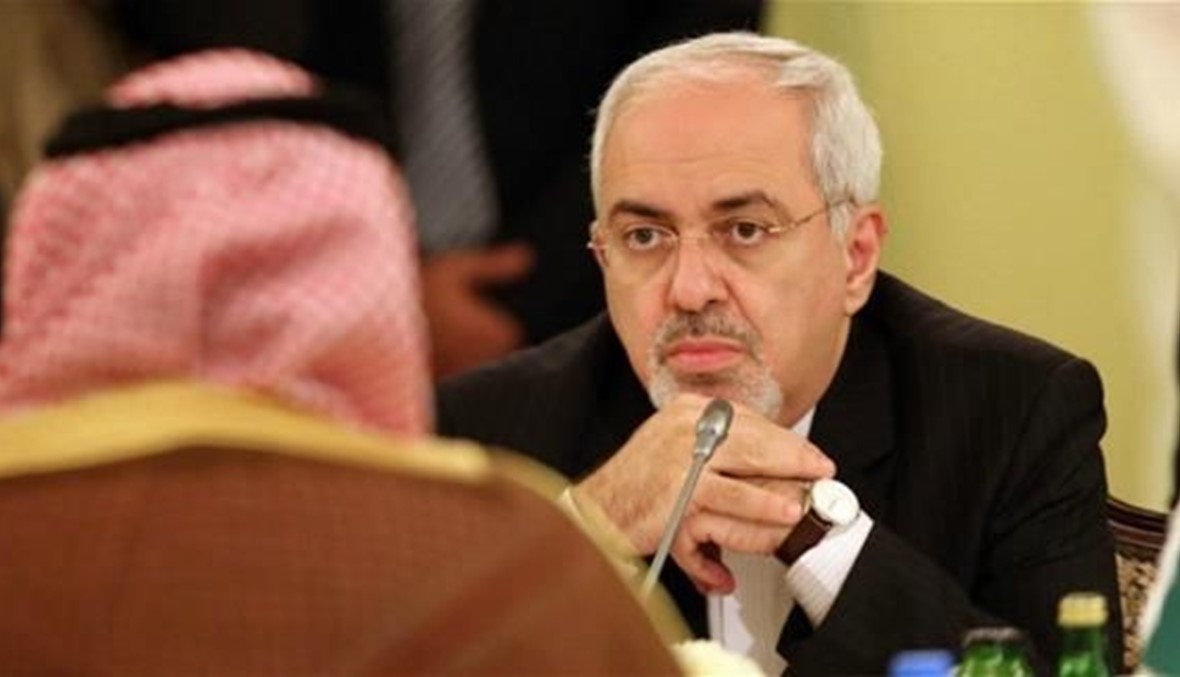Qassem Mohebali, in an interview with the website of the Strategic Council on Foreign Relations, said that the Middle East issues are very complicated and the region is involved in a series of chronic and acute crises, noting that it is very difficult to untie the knots created by those crises and so far, none of the international and regional powers have been able to resolve those issues.
Saying that with some changes in the US policy and cooperation with the regional players, if their interests are aligned, it could be expected that some of the crises will be eased in the region, he noted: The reality is that this situation does not exist in the Middle East and interests of governments and regional powers are in conflict with each other. At the same time the trans-regional players that are present in the Middle East have no interest in the stability and security of this region.
The Middle East analyst added: Many of these players, whether non-state players such as ISIS or some regimes and governments such as Israel, Saudi Arabia and Turkey, are benefiting from tension and crises in the Middle East. Some supra-regional powers, such as Russia and China, have also benefits in this situation. They also feel that if the United States leaves the Middle East, the pressure on them will increase.
Mohebali continued: Since 2000, the United States has sought to shift its focus from the Middle East to the Southeast Asia and containment of China, but issues such as 9/11 and the ISIS have not allowed the United States to get out of the Middle East quagmire. The Russians also feel that if the crisis in the Middle East subsides and Iran comes out of sanctions and, for example, exports gas to Europe, Russia’s position will be weakened and European and American pressures will be shifted to Eastern Europe, Central Asia and the Caucasus.
Stressing that there are many who are benefiting from crisis in the Middle East, he said. Therefore it cannot be expected that the issues will be resolved easily in the Middle East.
According to the Middle East analyst, Iran should pursue its own interests and not expect changes in the Middle East in the light of which Iran’s situation will change, because the Middle East has complex crises and, therefore, Iran should contribute to peace, security and stability in the Middle East and try to reduce arms, ideological, sectarian-ethnic rivalries in order to maintain its interests.
Mohebali added: The more Iran is involved in crises, not only it will not make efforts for the national security and the situation in Iran, but also increases Iran’s costs every day.
Emphasizing the need for dialogue among regional countries and paying attention to mutual interests in order to reach an understanding, Mohebali said: If there is competition among countries of the region, it should be within the defined framework.
The expert on the regional affairs assessed achievement of a convergence in the region as being dependent on the will of different players and continued: Our relations with Saudi Arabia are of special importance, if relations with Saudi Arabia can be settled through diplomacy and disputes can be resolved through negotiation it would help improve the position of the two countries in the world. Iran and Saudi Arabia should both want that endless wars in the Middle East come to an end and do not allow other forces to exploit the rifts between the two countries.
While saying that the Israeli regime is interested in the escalation of crisis between Iran, Saudi Arabia and the United States in order to expand its influence in the region and seek help and weapons from Europe and the United States, he stressed: On the one hand, there are forces inside the United States that oppose peace in the Middle East. Big powers in the world, such as Russia and China, are also not interested in stability and peace in the Middle East; therefore, we should pursue our own interests and not be entrapped by the policies of those countries.










0 Comments